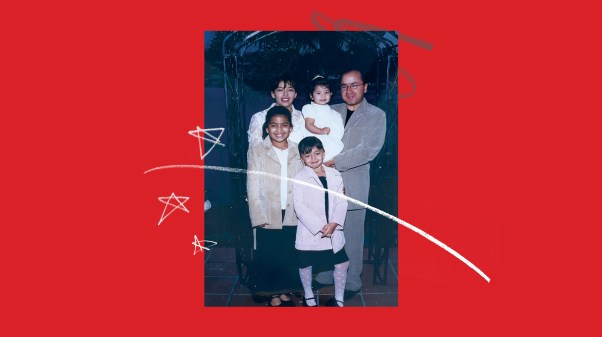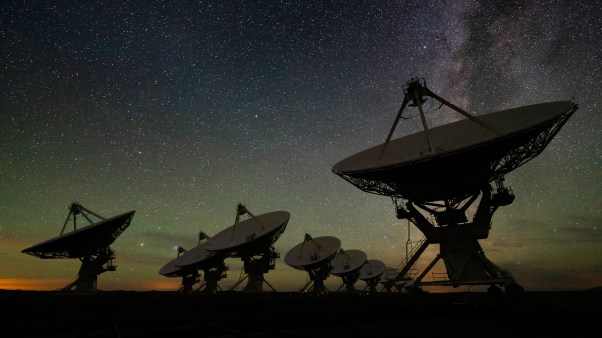When does individual human life begin? When is a true “person” present in the womb? In my practice as a family-planning physician, I see many women patients for whom these questions are a source of worry and anguish. The answer has a great bearing on our choice of certain birth-control methods.
Most twentieth-century evangelicals believe individual life begins at conception. The Christian Medical and Dental Society has gone on record strongly affirming this. But the broad medical community is not unanimous. The American Fertility Society, for example, argues that individual human life is not established until sometime in the second week after fertilization, given that twinning can occur up to two weeks after conception.
I am intrigued by still another possibility, one perhaps hinted at by the Old Testament statement that “the life of every creature is its blood” (Lev. 17:14). Could it be that individual life begins when the first primitive blood cells form, sometime in the fourth week after conception?
This period of time may also be significant in understanding the beginning of individual life for these reasons:
• About 50 percent of all fertilized eggs (zygotes) are abnormal. Most of these survive a few days, then disappear.
• In some fertilizations, the zygote forms the precursors of the placenta by the fourteenth to sixteenth days, but not the embryonic tissues. This material is a unique genotype (an entity with a specific set of genes), but it does not develop into an embryo.
• Mechanical or hormonal problems may make it impossible for zygotes to implant in the uterus, and they fall out within a week or so.
• Twinning occurs between the tenth and fourteenth day after fertilization. If a zygote is a unique life at fertilization, how can it later divide?
By day 21, nearly two-thirds of the fertilized eggs are gone, never to develop. And the attrition rate now drops dramatically. During the next eight weeks, only 8 to 9 percent are lost (in miscarriages). Only 2 to 3 percent more are lost during the rest of pregnancy. What happens embryologically on the twenty-first day, the time when survival greatly improves?
At about day 20, cells, which will be able to carry oxygen, have begun to differentiate. These become primitive blood cells and begin to show traces of hemoglobin between days 23 and 25 (right after we see drastic slowing of zygote loss). Might blood formation then be the event that signals the onset of individual life?
If so, birth-control methods that operate before blood formation could be acceptable. (This view could not be used to justify induced abortions, because a woman would be unlikely to know she was pregnant by the time blood began to form.) We know that some methods may occasionally allow fertilization but possibly interfere with implantation. But because these methods always operate well before day 21, and thus might not cause loss of an established individual life or the “shedding” of blood (Gen. 9:6), should Christians consider their use acceptable? Our continued search to understand the beginning of life will make the answer clearer.
Eugene H. Peterson is pastor of Christ Our King Presbyterian Church, Bel Air, Maryland, and author of A Long Obedience in the Same Direction (InterVarsity) and Answering God (Harper & Row), both of which are about the Psalms.










